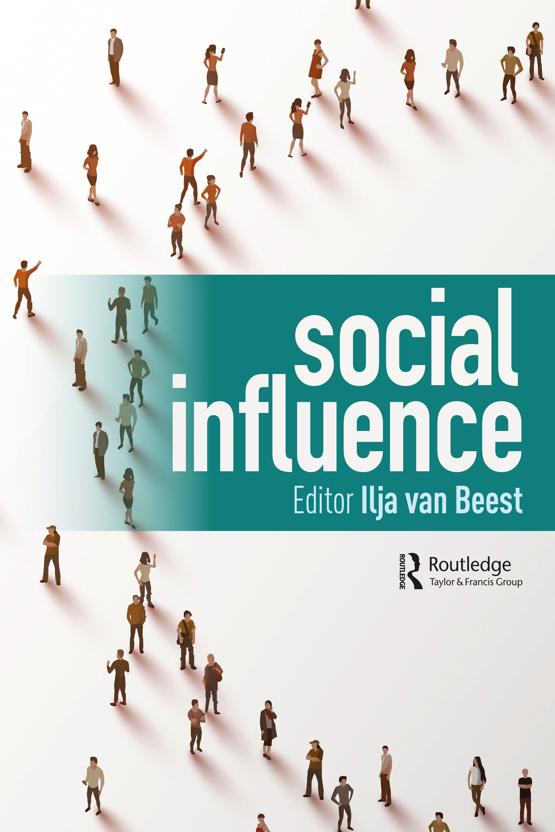Submit a Manuscript to the Journal
Social Influence
For an Article Collection on
The Social Influence of AI on Consumer Behaviour
Manuscript deadline
16 December 2024


Article collection guest advisor(s)
Priyali Rajagopal,
University of North Texas
[email protected]
Laura Pricer,
University of North Georgia
[email protected]
The Social Influence of AI on Consumer Behaviour
AI-enabled products and services such as voice activated assistants (e.g., Amazon's Alexa, Google’s Home), medical robots, digital financial advisors and personalized recommendation systems, are popular among consumers and are fundamentally altering how consumers interact with products and brands. While AI offers numerous advantages to consumers including rapid, reliable, and convenient access to relevant information and services, there exist a potential dark side to AI with considerable threats to consumer well-being including diminished cognitive functioning, loss of autonomy and control, and exposure to biased information. Hence, there is a need for empirical research that explores how AI-consumer interactions can impact consumers, both positively and negatively.
Given the widespread adoption of AI across diverse domains, including the critically important areas such as medicine and financial planning, it is imperative to gain a deeper understanding of how these interactions influence consumer behaviour. This understanding holds significant implications for consumers, scholars, businesses, and public policymakers. For consumers, it enables more informed decision-making regarding their engagement with AI technologies. Scholars benefit from insights into general human behaviour in the digital realm. Businesses can make more strategic decisions regarding the integration of AI in consumer interactions, including considerations of the types of information and contexts in which AI is utilized. Lastly, public policymakers can better gauge the need for guidelines and regulations to safeguard consumer welfare.
We invite contributions from marketing, psychology, sociology, economics, management, information systems, and any field that is interested in AI and consumers. We encourage conceptual and empirical articles, a broad range of methods (e.g., experiments, longitudinal studies, field studies) and would like to explore topics such as, but not limited to:
- Voice vs text interactions
- Consumer wellbeing
- Effects of anthropomorphized AI
- Bias in AI interactions
- Generative AI
Social Influence accepts Original Research Articles, Brief Reports, Registered Reports, and Registered Proofs of Concept.
Priyali Rajagopal is a Professor of Marketing at the G. Brint Ryan College of Business at the University of North Texas in Dallas, USA. Her research focuses on consumer psychology and specifically on how marketing communications and tactics can impact consumers’ memories and decision making. She worked as a brand manager at Unilever prior to obtaining her doctorate from The Ohio State University.
Laura Pricer is an Assistant Professor at the University of North Georgia in Dahlonega, Ga. She earned her Ph.D. in Marketing from the University of North Texas in 2022. She is interested in how technology and AI innovations affect consumer behavior and wellbeing. Additionally, she also investigates how brand activities such as political activism effect consumer behaviour.
Benefits of publishing open access within Taylor & Francis
Global marketing and publicity, ensuring your research reaches the people you want it to.
Article Collections bring together the latest research on hot topics from influential researchers across the globe.
Rigorous peer review for every open access article.
Rapid online publication allowing you to share your work quickly.
Looking to Publish your Research?
Find out how to publish your research open access with Taylor & Francis Group.
Choose open accessSubmission Instructions
All manuscripts submitted to this Article Collection will undergo desk assessment and peer-review as part of our standard editorial process. Guest Advisors for this collection will not be involved in peer-reviewing manuscripts unless they are an existing member of the Editorial Board. Please review the journal Aims and Scope and author submission instructions prior to submitting a manuscript.